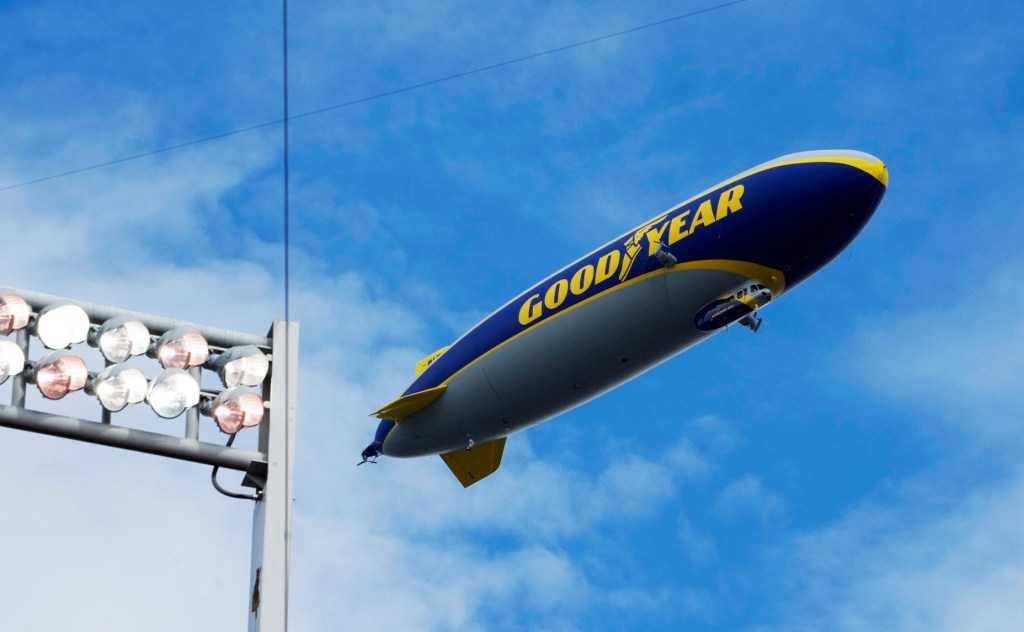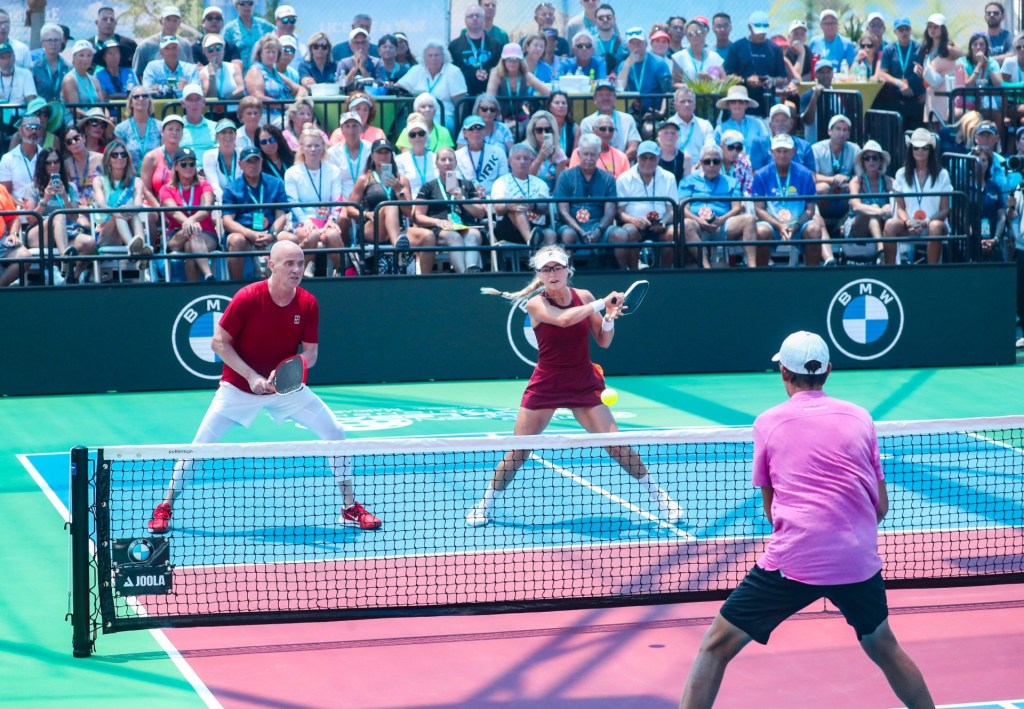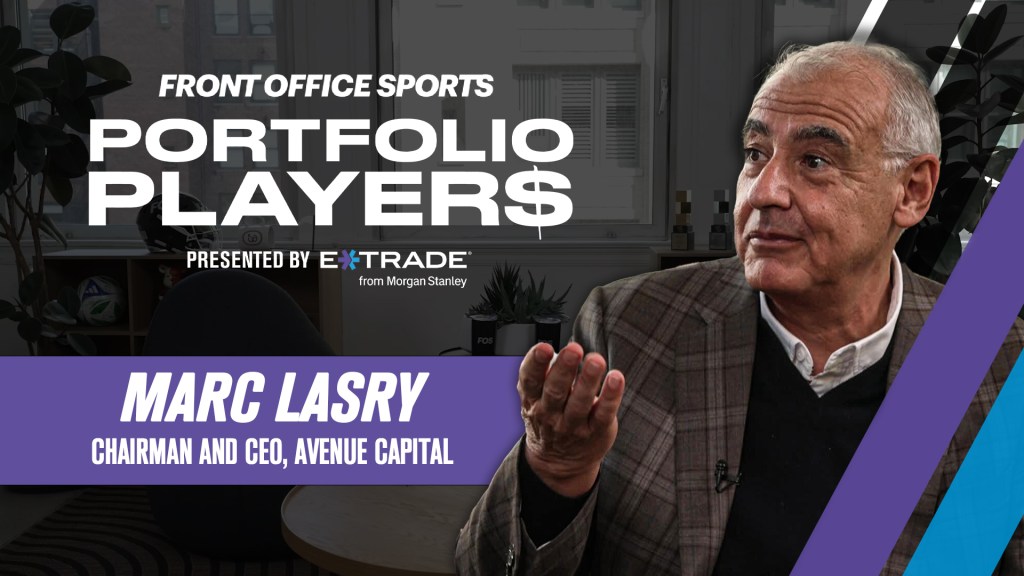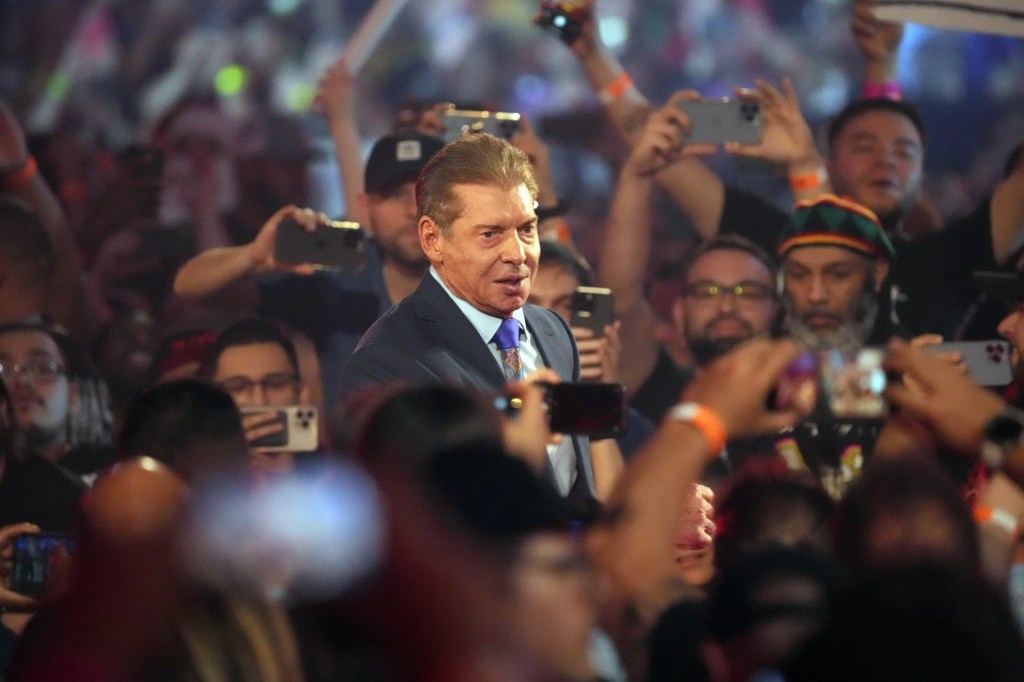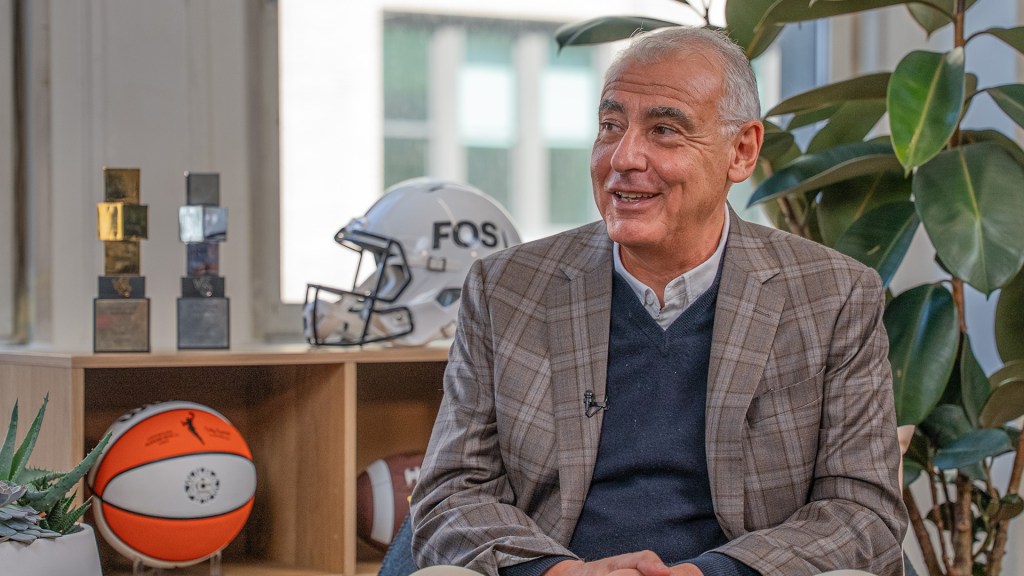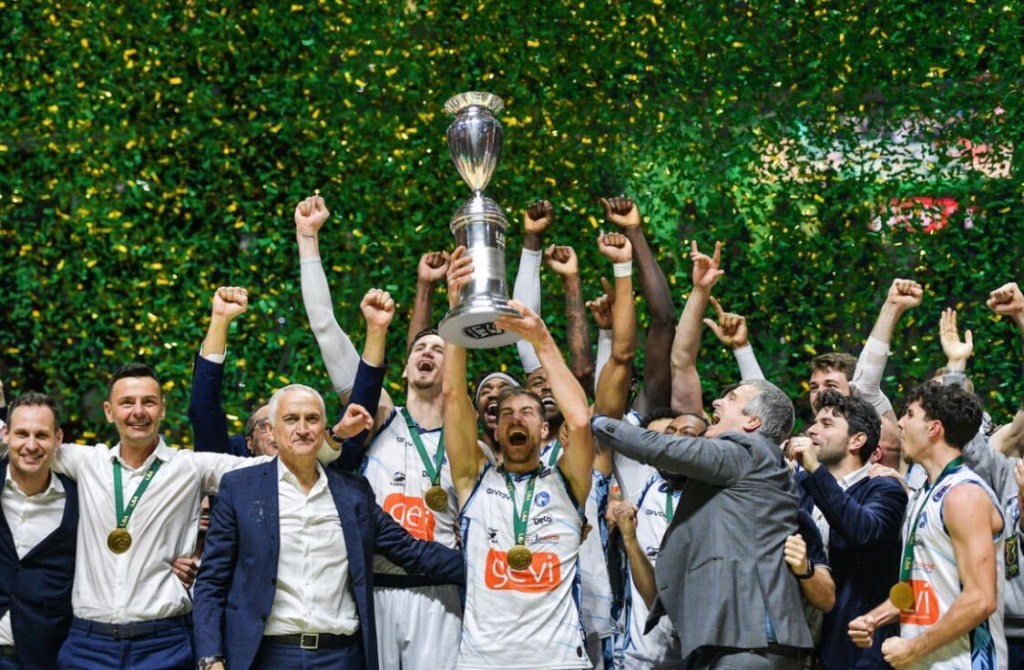When the news broke in March that Wyc Grousbeck had agreed to sell the Celtics to a man named Bill Chisholm for $6.1 billion—a new record sale price for a North American pro team—I was in the middle of hosting a private-equity panel at a conference in London. I saw the alert on my phone and asked the panelists for their instant reaction; a top banker on the panel remarked that the price “could well be the high-water mark” for NBA valuations.
Of the many questions surrounding the Celtics deal, the price tag has been the buzziest. Can these numbers go up forever? Or could this be the ceiling?
As we’ve reported, Chisholm has spent the days since he won the bidding process recruiting more investors. Last month, we learned who some of them are: Chisholm got a cool $1 billion from ArcelorMittal scion Aditya Mittal, plus investment from Related Companies president Bruce Beal Jr. (who also owns a piece of the Dolphins) and from existing Celtics minority owner Robert Hale Jr., all of whom join Sixth Street’s major investment.
Our deals reporter Ben Horney wrote last month that the deal is now “oversubscribed.” So investors are banging down the door for a piece. It sure doesn’t sound like they’re concerned this is the peak.
On our interview series Portfolio Players, where I talk to people with a diverse collection of sports investments (many of them team owners), I’ve been asking almost all my guests for their take on the Celtics price. Here are three of the most interesting answers.
Jeffrey Kaplan
The founder of Andalusian Sports Advisors previously worked alongside David Tepper at Appaloosa Management and advised Tepper on his purchase of the Panthers. Kaplan also advised Josh Harris on his acquisition of the Commanders, the Friedkin Group on its purchase of Everton FC, Jeffrey Vinik on his sale of the Tampa Bay Lightning, and the Spanos family on its sale of minority stakes in the Chargers.

“Everyone is quoted as saying this is the high-water mark and they’re never right. We [Tepper’s purchase of the Panthers] were at a high-water mark at $2.275 billion—most expensive franchise in the world. And poof, here we are today. We never saw it as the high-water mark… So I don’t think we’re at a high-water mark today at all.
“With regard to the Celtics… I would put them in the category of the Yankees and the Cowboys and Manchester United. They’re an iconic global brand… They have a very high payroll. And payroll is probably the issue that either creates unique profitability or constrains profitability. In the NBA, profitability is very much tethered to the stadium [and the Celtics don’t own theirs]… So Boston will have to grow into its valuation with those issues today. But Chisholm is betting that this is one of the top ten sports franchises in the world.”
Marc Lasry
Lasry bought the Bucks with Wes Edens in 2014 at a $550 million valuation and sold his 25% stake two years ago at a $3.5 billion valuation; now he’s spreading money across sports, into upstart leagues like TGL and Unrivaled, from his nearly $1 billion Avenue Capital sports fund.

“If I said to you somebody’s going to pay $6 billion for a team that doesn’t own an arena and a team that is losing money because they’re in luxury tax, you would have thought I was crazy. I think there’s a lot to the fact that people want to win a championship and will pay for that.
“I think valuations will go up. I don’t think you’re going to have the growth that I had where you could pay a dollar and you got paid $8 ten years later. When I was looking at selling, I thought values would keep going up about ten, fifteen percent a year. And I think that’s what’s going to continue happening… It’s not just going to stop. It can level off, it can go up 5%, it may go up 10%. I don’t think it’ll be going up 20% or 30%.”
Ted Leonsis
Leonsis owns the Wizards, Mystics, and Capitals, all under the umbrella of Monumental Sports & Entertainment, which also owns Capital One Arena and the local regional sports network that shows those teams’ games.

“My teams aren’t for sale, but I’m rooting for them to get the highest valuation possible. It’s a gem of a property. My organization does more revenues than the Celtics. Now, I own a basketball team, a hockey team, a women’s team, the building, the network. I think that’s the trend. I think you’ll see lots of mergers.
“You have to get scale. If you’re to be a media company, you have to build the audience. You have to be able to build a way to cross-promote year-round. That’s why all these real estate areas are popping up. Hey, we’re going to bring people in, can they spend a couple hours beforehand or after the game? So we’re running these as really, really big businesses.”
Where does all that leave us? Kaplan points to the Celtics’ history. Leonsis points out the team just won a title. Lasry and Leonsis both mention that the Celtics don’t own their arena, and the added value these days is in building real estate around the team. Mark Cuban cited this as one of the main reasons he sold the Mavericks: “You see other teams in all sports talking about casinos, talking about doing real estate development. That’s just not me… If we’re able to build a Venetian-type casino in Dallas with an American Airlines Center in the middle of it, the valuation is $20 billion.”
So: an eye-popping price. A storied franchise with an indelible brand that just won an NBA-leading 18th title last year. On the other hand, the team doesn’t own its arena or its network, is deep in the NBA’s luxury tax, and will likely miss its franchise star for the entirety of next season due to injury.
My take: The macroeconomics clearly outweigh the micro details here. Everyone wants to own a piece of a pro sports team, and there isn’t any clear reason why the prices won’t keep going up.
As another Portfolio Players guest, Bruin Capital CEO George Pyne, told me, “It’s been durable over thirty years, franchises have appreciated in value in double-digit CAGRs… The other part about sports is it’s been pretty recession-proof.” Much of the value is in scarcity: there are only 32 NFL teams, 30 MLB teams, 30 NBA teams. The NBA is looking to expand that by adding two more teams, and the league reportedly wants a $7 billion expansion price. The number goes up.
Like with bitcoin, an asset is worth whatever Mr. Market is willing to pay for it today. So I don’t think this price record will hold for long.






